Many around the world may have been surprised that the prime minister of Hungary holding the rotating presidency of the European Union, first paid a gestural visit to Kyiv, and then traveled to Moscow and Beijing. Then followed his trip to Washington to discuss the issue of peace with Turkiye's president at the NATO summit. But what makes Viktor Orban's diplomatic peace mission so successful, Magyar Nemzet asked Andras Kosztur, senior researcher at the 21st Century Institute. "The West has also realized that, for example, the opinion of the states of the global South can be important in terms of ending the war," the expert said. However, he added, "an approach was used that was aimed at convincing these countries to adopt Kyiv's position, which in this respect, actually coincides with the West's position, so that the Global South could be persuaded to support the Ukrainian peace formula states. That is, the goal was to persuade the states in the Global South to support Ukraine's peace formula."
However, these countries have realized that without Russia's participation it is not really possible to conduct meaningful negotiations, so these attempts to create, so to speak, a unilateral peace coalition – which would have been a coalition for exercising pressure – in support of Kyiv's peace plan were not successful. This is, in fact, shown by the Swiss peace summit,
the expert pointed out.
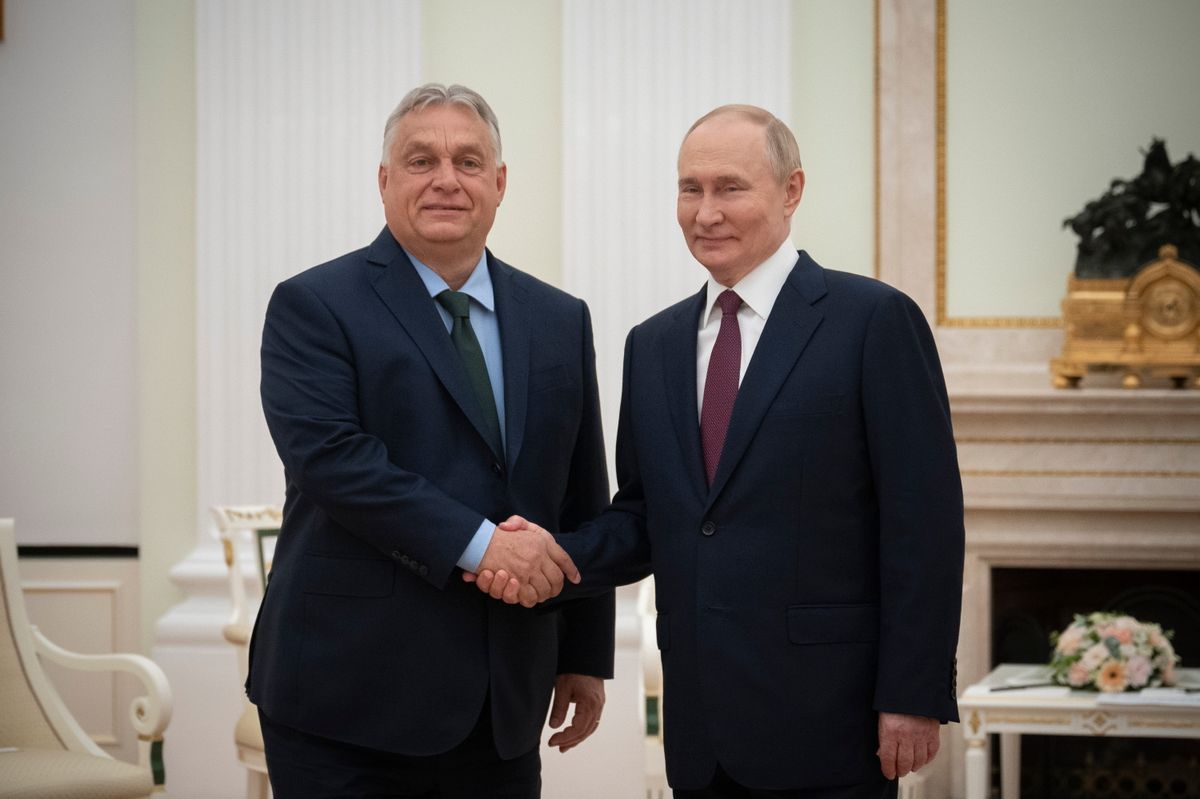
On the other hand, he stressed, the Hungarian approach is to listen to each of the parties concerned, and to use their views as a basis for hammering out a future compromise. This is the reason why Viktor Orban has visited three countries, Andras Kosztur said. He recalled that China and Brazil have already issued a joint statement proposing the organization of a conference with Russia's participation. The states of the Global South (Latin America, the Arab countries of Africa, Asia, India, and the expert also includes China in the grouping as a power that often acts as a voice for these countries) share a similar position on the issue of war, he added.
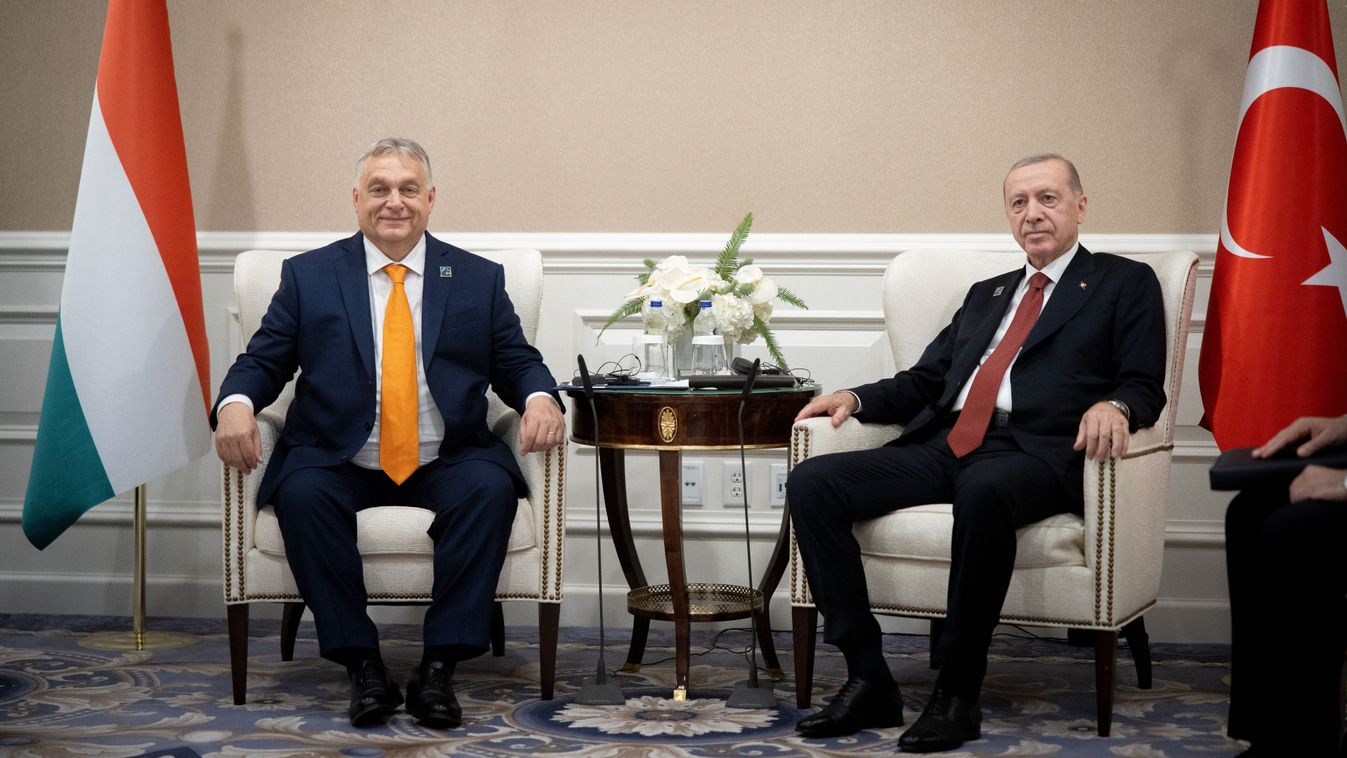
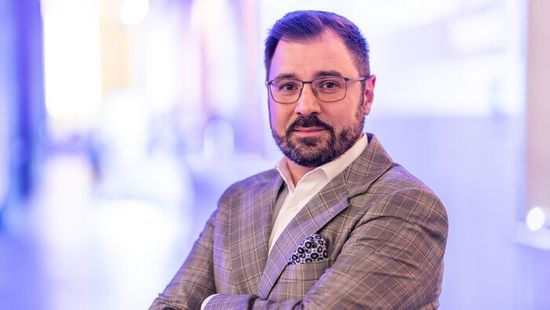
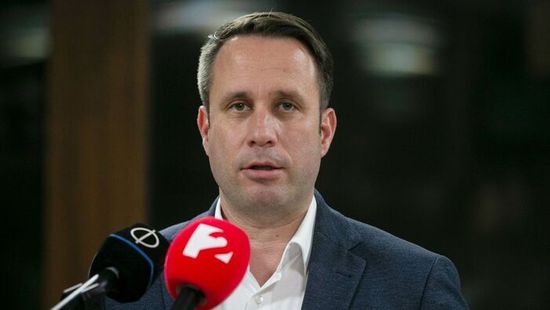
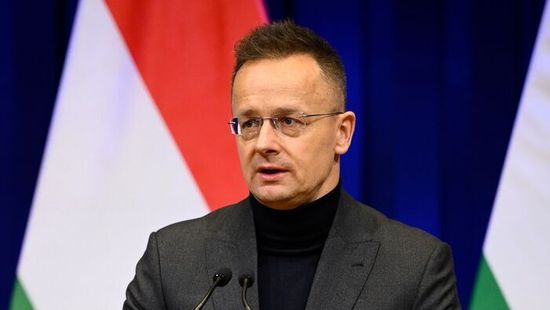


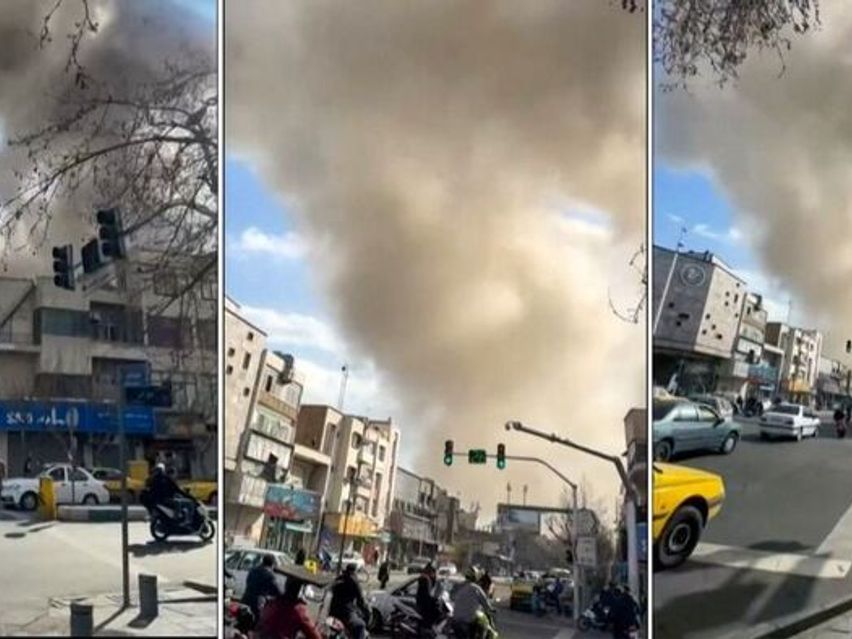
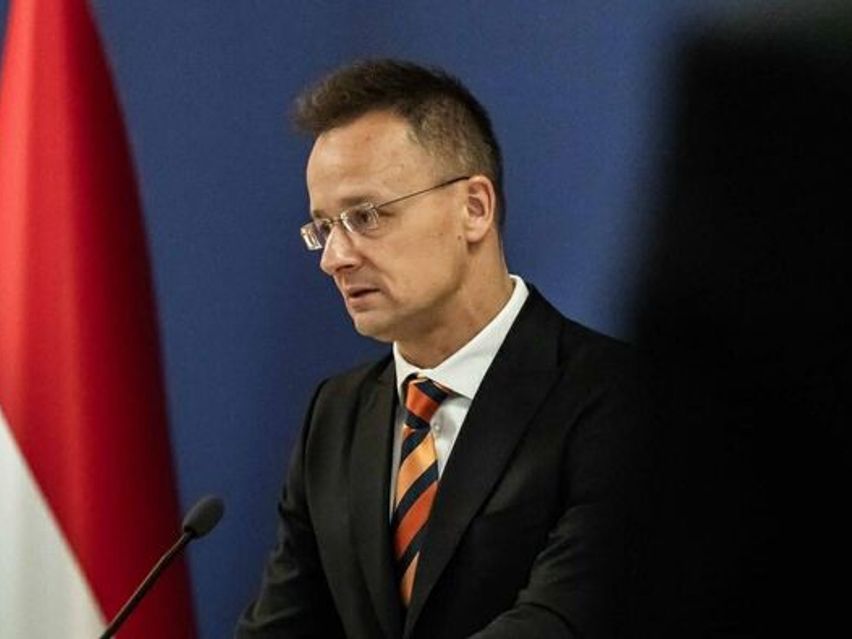
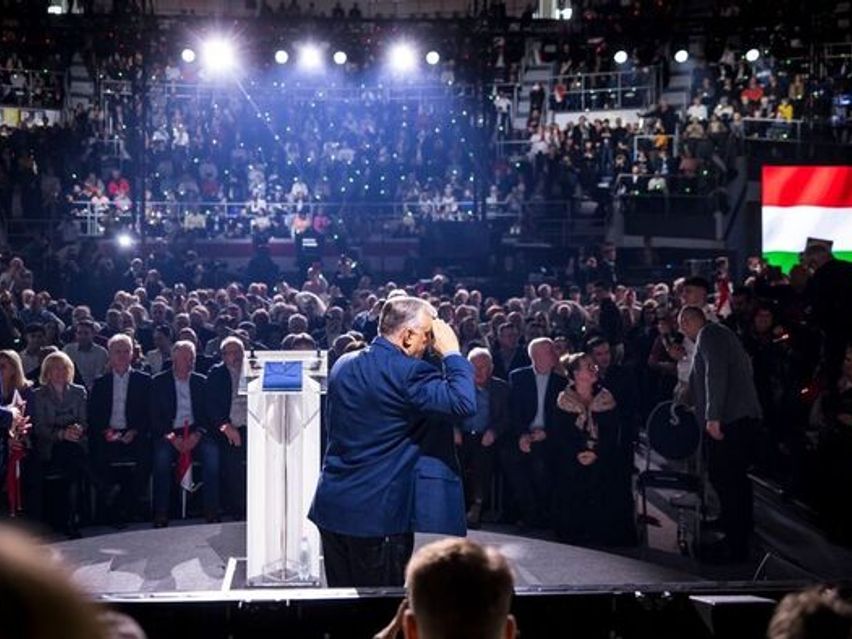
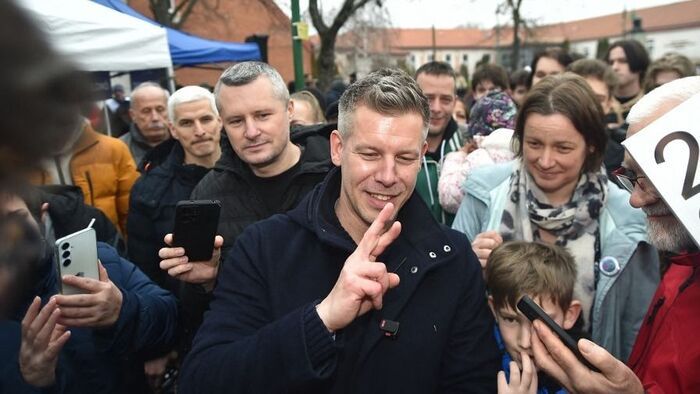

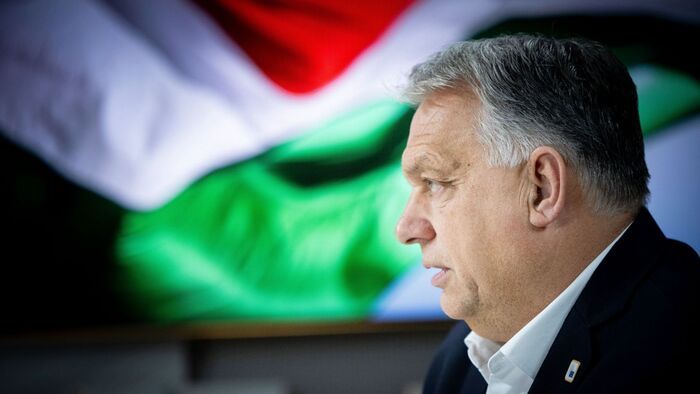
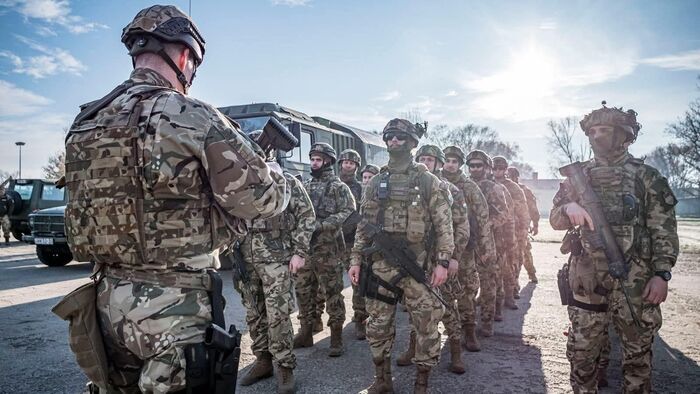
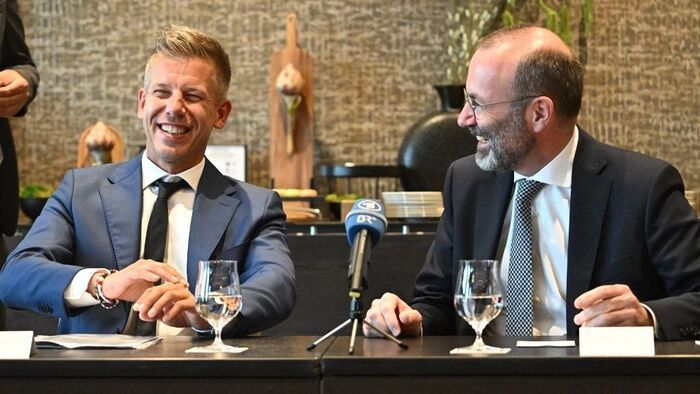
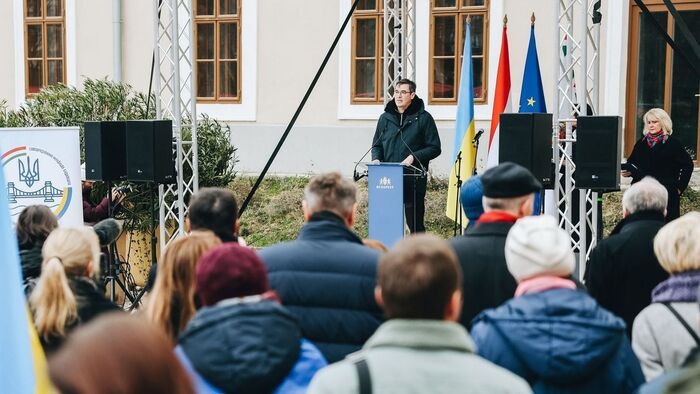
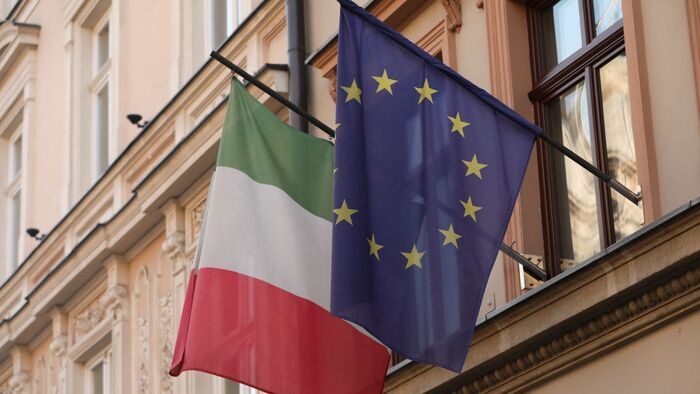
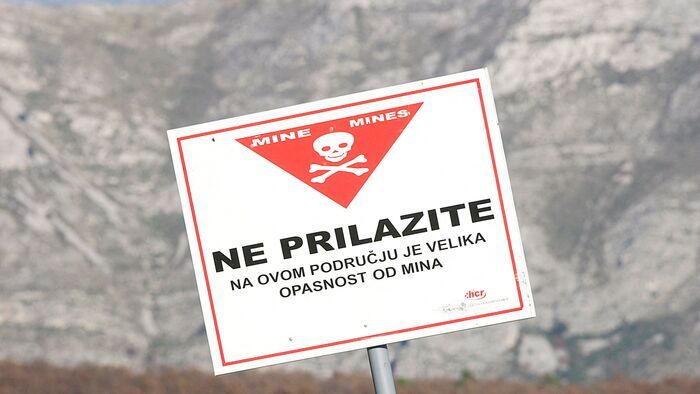
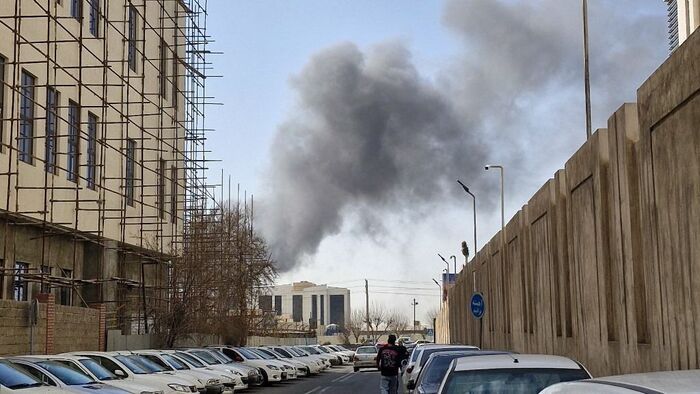

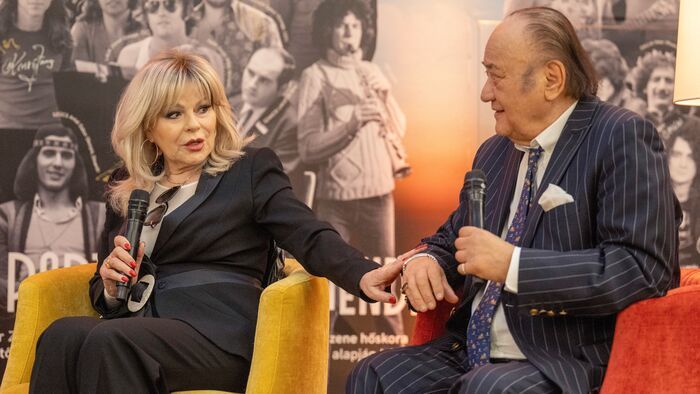
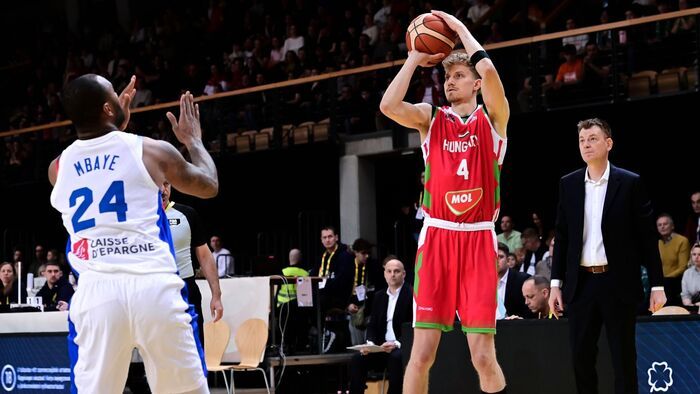
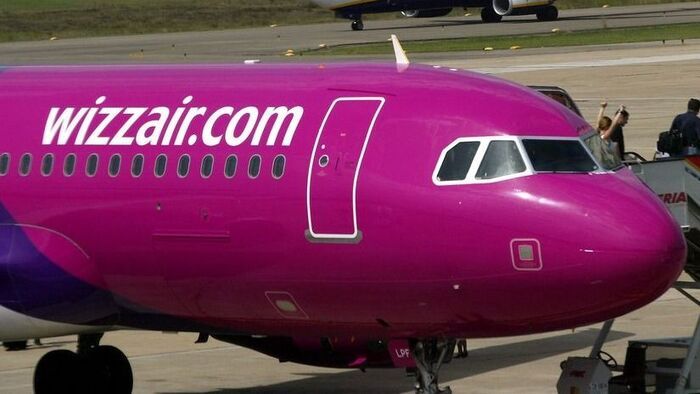

Szóljon hozzá!
Jelenleg csak a hozzászólások egy kis részét látja. Hozzászóláshoz és a további kommentek megtekintéséhez lépjen be, vagy regisztráljon!